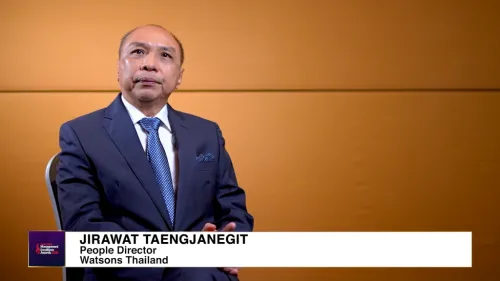What ASEAN businesses can expect after Trump’s election win
Tariff policies spark ASEAN trade shifts.
As Donald Trump prepares to take office as the 47th President of the United States, the ASEAN businesses are bracing for potential shifts on trade and tariffs, even if experts suggest the changes may not be immediate.
Alwyn Lim, Associate Professor of Sociology at the Singapore Management University, believes, "I don't actually expect any immediate or major changes in the ASEAN business landscape, if you're talking primarily about the effects of tariffs," he said.
Lim emphasized that many of the tariffs introduced during Trump’s first term were retained by the Biden administration, allowing ASEAN businesses to adapt over the years.
Bryan DeAngelis, Partner and Head of Penta's Washington Office, highlighted Trump’s clear intentions to act swiftly on tariffs. "Donald Trump has made it very clear that he will implement tariffs on day one," DeAngelis noted. However, he expressed hope that these measures would serve as negotiation tools rather than broad-based policies.
One key question is how Trump’s tariff focus, particularly on China, will reverberate across ASEAN. Lim suggested that this could create opportunities for the region as supply chains shift. "Perhaps more investments will be moving into countries like Thailand, Vietnam, and Malaysia," he explained.
DeAngelis is also seeing potential for ASEAN businesses to capitalize on the situation. "There are quite a number of industries where the U.S. and ASEAN can increase partnerships," he said. However, he cautioned that ASEAN nations may find themselves navigating a "tug of war" between Trump’s U.S. policies and China’s influence.
On preparation strategies, Lim advised ASEAN businesses to focus on innovation to stay competitive. "This could be breaking into new fields, like manufacturing electric vehicles and digital services," he said.



















 Advertise
Advertise








Commentary
Ingredients take centre stage for Asian consumers across food and beverage purchases
Human Sparsity Blockchain: A citizen-validated ledger for digital finance supervision
Breaking the myths around turbomachinery downtime in APAC